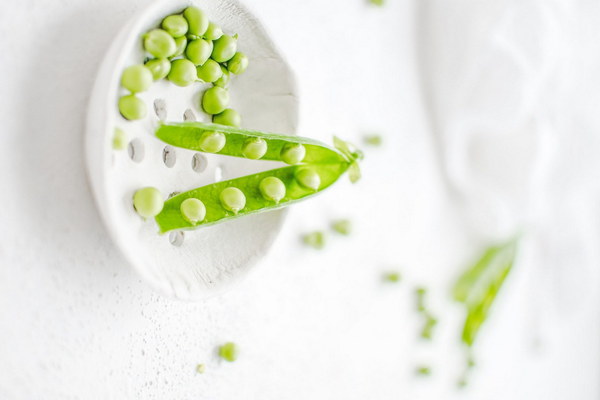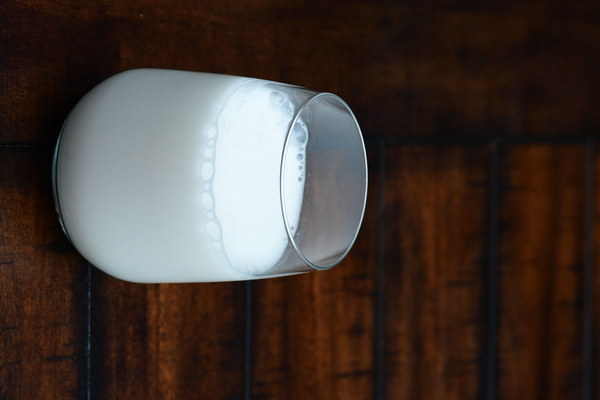Rejuvenating Liver and Kidneys A Comprehensive Guide to Healing from Chronic Alcohol Abuse
Introduction:
Chronic alcohol abuse can have severe consequences on the liver and kidneys, leading to long-term health issues. The liver, responsible for filtering toxins from the blood, and the kidneys, which filter waste products from the body, can both be damaged by excessive alcohol consumption. This article provides a comprehensive guide to nurturing and healing these vital organs after prolonged alcohol abuse.
1. Detoxification:
The first step in the healing process is detoxification. It involves gradually reducing alcohol intake and eliminating toxins from the body. A healthcare professional can provide guidance on the safest and most effective detoxification process. It is crucial to stay hydrated and consume a balanced diet rich in vitamins and minerals during this phase.
2. Nutrition:
A well-balanced diet plays a vital role in liver and kidney recovery. Incorporate the following foods into your daily meals:
- Leafy greens: Spinach, kale, and Swiss chard are rich in antioxidants, which help protect the liver from damage.
- Almonds: These nuts contain essential fatty acids that support kidney function.
- Beets: They are high in betalains, which can help reduce inflammation in the liver and kidneys.
- Berries: Blueberries, strawberries, and raspberries are packed with antioxidants that aid in detoxification.
- Garlic: Garlic contains compounds that may help reduce liver inflammation and support kidney function.
- Turmeric: This spice has anti-inflammatory properties that can aid in liver and kidney healing.
3. Hydration:

Staying hydrated is essential for liver and kidney recovery. Drink plenty of water throughout the day to flush out toxins and support kidney function. Avoid sugary drinks and caffeine, as they can strain the liver and kidneys.
4. Exercise:
Regular exercise can improve overall health and promote liver and kidney recovery. Engaging in activities such as walking, jogging, swimming, or cycling can boost circulation, reduce inflammation, and improve kidney function. Aim for at least 150 minutes of moderate-intensity aerobic exercise per week.
5. Avoiding Toxins:
Limit exposure to other harmful substances, such as tobacco and excessive salt, as they can exacerbate liver and kidney damage. Use natural household cleaners and avoid exposure to environmental toxins.
6. Stress Management:
Chronic stress can worsen liver and kidney issues. Practice stress-reducing techniques such as meditation, yoga, or deep breathing exercises to maintain a healthy balance.
7. Regular Check-ups:
Schedule regular appointments with a healthcare professional to monitor your liver and kidney function. Blood tests and imaging studies can help assess the extent of damage and guide your recovery process.
8. Seek Professional Help:
If you are struggling to quit alcohol or manage your addiction, consider seeking help from a therapist, counselor, or support group. Professional guidance can provide the tools and support needed to overcome alcohol abuse and promote overall well-being.
Conclusion:
Recovering from chronic alcohol abuse and nurturing the liver and kidneys requires a comprehensive approach that includes detoxification, proper nutrition, hydration, exercise, stress management, and professional support. By implementing these strategies, you can improve your health and restore the function of these vital organs. Remember that healing is a gradual process, and patience and dedication are key to long-term success.









